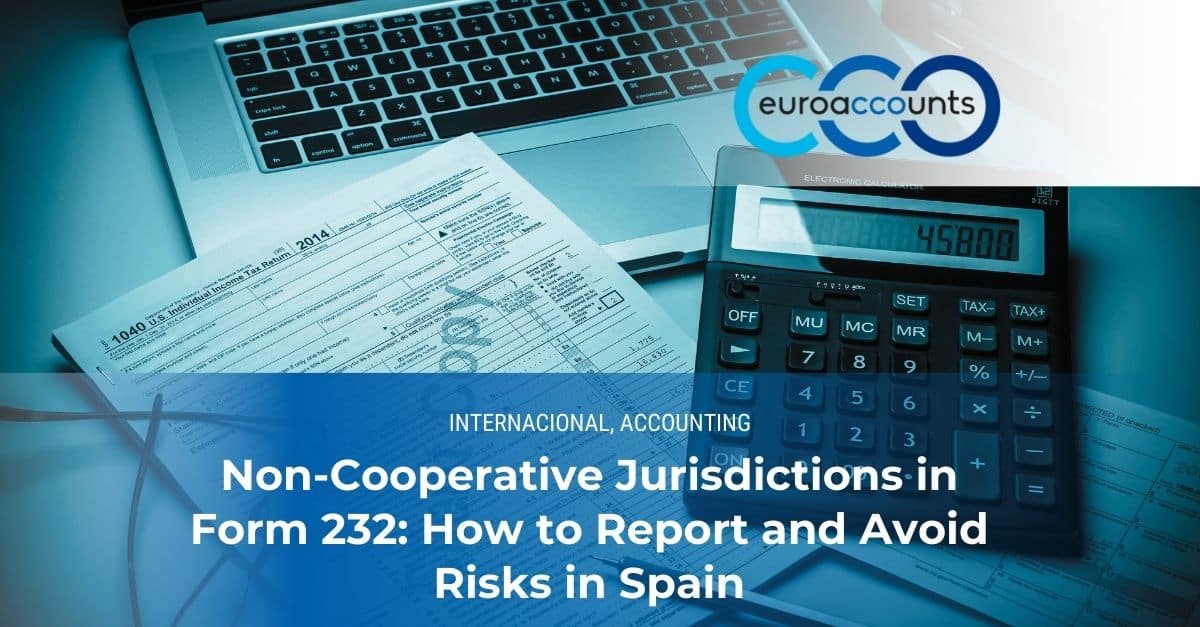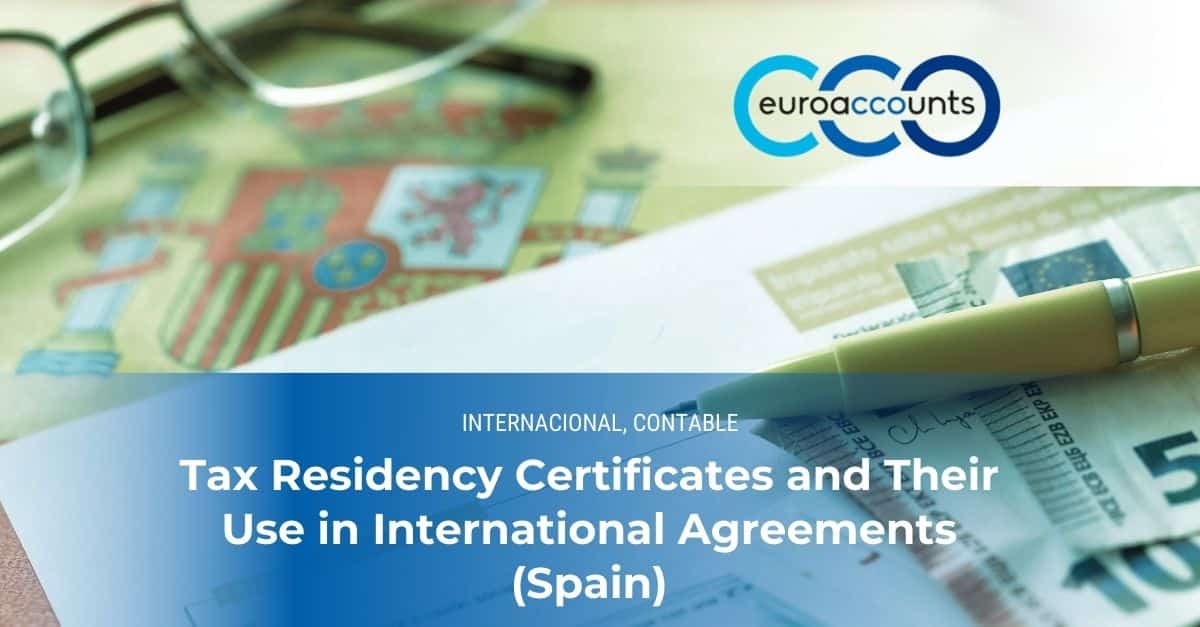When and Why Should a Subsidiary Undergo a Financial Audit in Spain?
Financial audits in Spain are not only a legal obligation — they’re also a key practice for ensuring transparency, control, and trust within international corporate groups. For many foreign subsidiaries, audits are an annual process, whether due to regulatory requirements or group-level mandates.
Being properly prepared can make the difference between a smooth audit and one that leads to adjustments, internal tension, or even sanctions. This practical guide is designed to help multinational subsidiaries understand the process, anticipate what auditors expect, and turn the audit into an opportunity for improvement.
You can also read our guide on tax compliance for multinational corporations in Spain if your subsidiary faces broader reviews beyond year-end closing.
Legal Audit Requirements
In Spain, a company is legally required to audit its annual accounts if it meets at least two of the following three criteria for two consecutive financial years:
- Total assets exceed €2,850,000
- Annual net turnover exceeds €5,700,000
- Average number of employees exceeds 50
If your subsidiary in Spain exceeds these thresholds, it is subject to a mandatory audit of its annual financial statements under the Spanish Commercial Code and the Audit Law.
Voluntary Audits or Group-Requested Audits
Even when audits are not legally required, many subsidiaries undergo them at the request of their parent company — especially if the parent is listed or needs to consolidate financial results under IFRS or US GAAP.
In these cases, the audit becomes a governance tool that improves reporting quality, prevents accounting errors, and strengthens coordination between headquarters and local entities. Audited reports are also frequently required by investors or banks to assess the risk of doing business in Spain.
What Documents and Processes Does a Financial Auditor Review?
During a financial audit in Spain, the external auditor reviews not only the company’s financial statements but also its accounting processes, internal controls, and supporting documentation behind each figure. The goal is to issue an opinion on whether the annual accounts present a true and fair view of the company’s financial position.
Mandatory Financial Statements
The starting point for any audit is the company’s annual financial statements, which include:
- Balance sheet
- Profit and loss account
- Statement of changes in equity
- Cash flow statement (if applicable)
- Explanatory notes
All these documents must be prepared in accordance with the Spanish General Accounting Plan (PGC) and must be clear and accurate.
Supporting Records and Reconciliations
The auditor will request the official accounting ledgers and a representative sample of entries to verify traceability. You will need to provide:
- Issued and received invoices
- Updated bank reconciliations
- Payroll records, depreciation, provisions, and other accounting adjustments
- Inventory or fixed asset registers
The more organized your documentation, the smoother the audit process will be.
Internal Controls and Procedures
In addition to figures, the auditor will review the internal processes and controls that ensure the reliability of financial reporting. This includes:
- Authorization flows for expenses and payments
- Segregation of duties
- Month-end closing procedures
- Internal policies for provisions, depreciation, or asset impairment
Strong internal controls not only make the audit easier, they also reduce the risk of errors or internal fraud.
Common Errors Detected by Auditors — and How to Avoid Them
A financial audit not only tests the accuracy of accounting data but also the consistency of internal processes. For international subsidiaries, the most frequent issues often stem from misalignment with Spanish regulations or poor coordination with headquarters.
Discrepancies Between Ledgers and Financial Statements
One of the most common issues is a lack of alignment between accounting records and the official financial statements. For example, adjustments made outside the accounting system (in Excel), or misclassifications that affect key financial ratios.
How to avoid it: Ensure all year-end adjustments are correctly recorded in the official ledgers and review balances ahead of finalizing the accounts.
Lack of Supporting Documentation
Auditors often request supporting evidence for significant transactions: contracts, invoices, meeting minutes, internal accounting policies, etc. The absence of this documentation may lead to limitations in the scope of the audit.
How to avoid it: Prepare a structured digital folder with all key documents by area (sales, purchases, payroll, assets, etc.) and review it before the audit begins.
Issues with Year-End Closings and Provisions
Another common source of adjustments involves incomplete closings or incorrect calculations of provisions for risks, unpaid debts, or asset impairment. Errors in depreciation or revenue recognition are also frequent.
How to avoid it: Work with a well-defined closing calendar, run preliminary closings in advance, and apply accounting policies that comply with Spanish regulations.
How to Prepare Your Team for the Audit
The success of a financial audit depends not only on the numbers, but also on the organization and attitude of the internal team. Especially in international subsidiaries, proper preparation is key to avoiding delays, confusion, and rework.
Audit Timeline Planning
The first step is to define a clear timeline for the audit phases: document preparation, fieldwork, internal review, and final report delivery. This schedule should be shared with both the auditor and the internal stakeholders involved.
It’s also important to account for potential bottlenecks, such as year-end closing periods or team vacations.
Internal Review Before the Audit Begins
A few weeks before the audit, it’s advisable to conduct an internal pre-audit review of key areas: reconciliations, provisions, fixed assets, contracts, etc. This allows you to anticipate potential issues and gather the necessary documentation in advance.
Using a standardized checklist helps structure this review and detect discrepancies in time.
Coordination With Headquarters
In many subsidiaries, certain accounting decisions or key data come from the parent company or a central finance team. That’s why strong communication between the local team and headquarters is essential.
This includes validating consolidation criteria, assigning responsibilities, and resolving differences between local and group reporting frameworks ahead of time.
If you are part of a tax group in Spain, early coordination becomes even more critical.
See how we optimize financial reporting and consolidation for subsidiaries to align with group requirements.
How Can Euroaccounts Help You During the Audit Process?
Preparing for a financial audit requires time, technical expertise, and experience with local regulations. For international subsidiaries, it also demands a global perspective that understands group expectations and translates them into Spanish accounting standards. At Euroaccounts, we serve as that bridge.
Specialized Accounting and Financial Support
We provide full or partial accounting preparation, review financial statements, reconciliations, and closings, and ensure all documentation is complete and consistent. Our team is used to working under pressure and meeting tight deadlines, which allows us to support your audit process effectively.
If your subsidiary doesn’t have an in-house CFO, you can rely on our external financial management service to ensure you’re well prepared.
Experience With Audits of International Groups
We’ve coordinated audits for subsidiaries in sectors like technology, healthcare, manufacturing, fintech, and payments, working under Spanish GAAP (PGC) and adapting the information for IFRS or US GAAP consolidation.
We also understand the specific demands of working with parent companies in France, Germany, Canada, and the UK — which allows us to anticipate requests and avoid conflicts between local and group accounting criteria.
Direct Coordination With External Auditors
We act as the main point of contact for the audit firm, resolving technical questions, preparing requested documentation, and attending key meetings. This frees up your internal team and speeds up the audit process.
In short, we help you turn the audit into an opportunity — not a source of stress or improvisation.
Checklist: Are You Ready for the Audit?
Before the external auditor arrives, make sure you’ve covered the following key points. This checklist will help you assess your readiness and avoid surprises during the audit:
- Financial statements prepared according to the Spanish General Accounting Plan (PGC)
- Updated and documented bank reconciliations
- Invoices and contracts available for all significant transactions
- Depreciation and provisions properly recorded
- Inventory and fixed assets verified and reconciled
- General ledger and journal closed and exportable in digital format
- Accounting policies aligned with the group or clearly documented
- Internal procedures documented (approvals, closings, payment controls)
- Audit calendar shared with the external auditor
- Pre-audit review completed by the local team or with external support
The more boxes you can check, the smoother and more effective your audit will be. And if you can’t check them all, Euroaccounts is here to help you close the gap.
Conclusion: Turn the Audit Into a Strategic Tool
A financial audit, when well-managed, is far more than a formal obligation — it can become a powerful tool for internal control, operational improvement, and stakeholder trust. For international subsidiaries, it’s also a chance to align local accounting with group standards and demonstrate strength to investors, banks, and the parent company.
With the right preparation, expert local support, and a proactive approach, the audit shifts from being a source of stress to becoming a competitive advantage.
Is your company facing an upcoming audit? At Euroaccounts, we help you prepare thoroughly, identify risks before the auditor does, and optimize how your accounts are presented.





